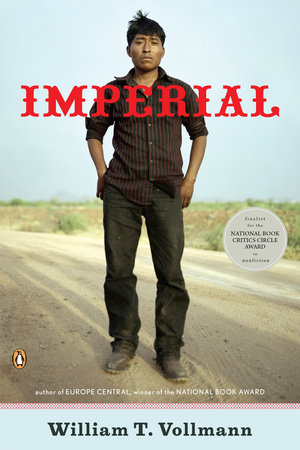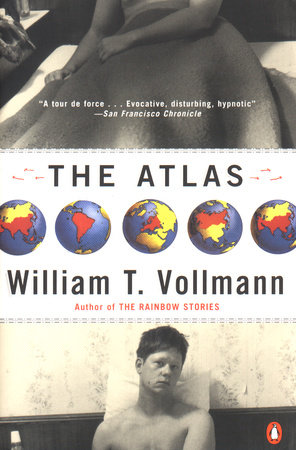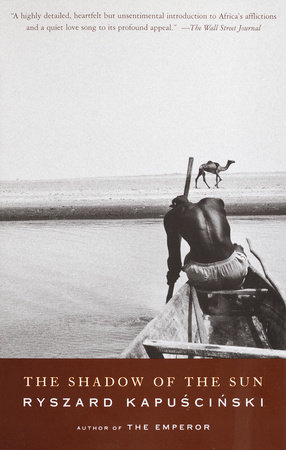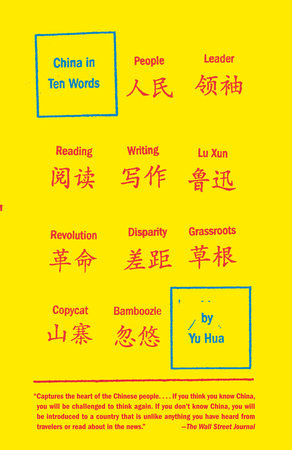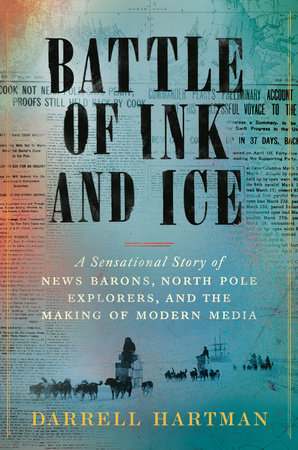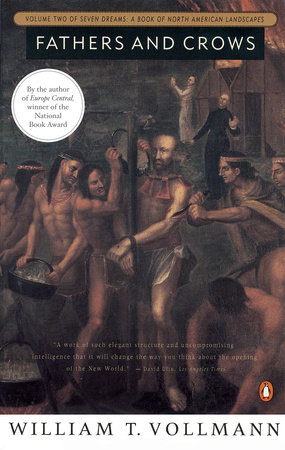Praise for No Immediate Danger:
“Carbon Ideologies is an almanac of global energy use . . . a travelogue to natural landscapes riven by energy production . . . a compassionate work of anthropology that tries to make sense of man’s inability to weigh future cataclysm against short-term comfort . . . one of the most honest books yet written on climate change.” —Nathaniel Rich, The Atlantic
“No Immediate Danger tussles with the comprehension-defying nature of climate change . . . terrifying insights are to be found . . . It embodies the confusion of our current moment, the insidiousness of disbelief, and the mania-inducing reality that our greatest threat is the hardest to act upon. It is a feverish, sprawling archive of who we are, and what we’ve wrought.” —The Washington Post
“In the face of complex, contested data, Vollmann is a diligent and perceptive guide. He’s also deeply mindful of those who’ve been sacrificed in the name of profits and political expediency. Amid the Trump administration’s rollbacks of environment protections, these are incontestably important books.” —The San Francisco Chronicle
“Vollmann’s many fans . . . will not be disappointed . . . he packs research and voice into his impassioned works . . . Reading these two books did have an effect on me; I became even more conscious of the resources I waste in my own life.” —John Schwartz, The New York Times Book Review
“One of the enjoyable things about this massive work is the way Vollmann employs irony, and that bluntest of irony called sarcasm, throughout the volume. He can be quite humorous. You might even call this the Infinite Jest of climate books . . . there’s something admirable, even noble, about the sheer time and effort—and sheer humanity—that went into these volumes.” —The Baffler
“Equal parts gonzo journalism, hand-wringing confessional, and one hot mess . . . the books document Vollmann’s quest to understand how capitalism, consumerism, and fossil fuels are ruining the planet.” —Sierra
“The best part of the books [are] the conversations Vollmann had during his travels, the sensitive histories he gives of the places he visited, and the moral impressions those conversations and places have made on him. It’s these parts that made Carbon Ideologies a unique, lasting, definitive contribution to the global warming literature.” —The Humanist
“An elegy to our damned epoch that’s also a work of enlightenment and education . . . the book is a performance of the vexations involved in trying to understand our energy reality . . . [Vollmann’s] project—not unlike that of his historical fiction—is to show with utmost fidelity what it was like to be a human involved in terrible things.” —The Los Angeles Review of Books
“[Provides] profound insights into both Japanese society and universal themes regarding the human response to and preparation for major disasters and tragedies.” —The International Examiner
“Vigilant in his precision, open-mindedness, and candor, Vollmann takes on global warming . . . [His] careful descriptions, touching humility, molten irony, and rueful wit, combined with his addressing readers in ‘the hot dark future,’ makes this compendium of statistics, oral history, and reportage elucidating, compelling, and profoundly disquieting.” —ALA Booklist (starred)
“[A] rewarding, impeccably researched narrative . . . Vollmann apologizes to the future that we’ve ruined, charting how our choices of energy sources made the planet scarcely inhabitable.” —Kirkus Reviews






